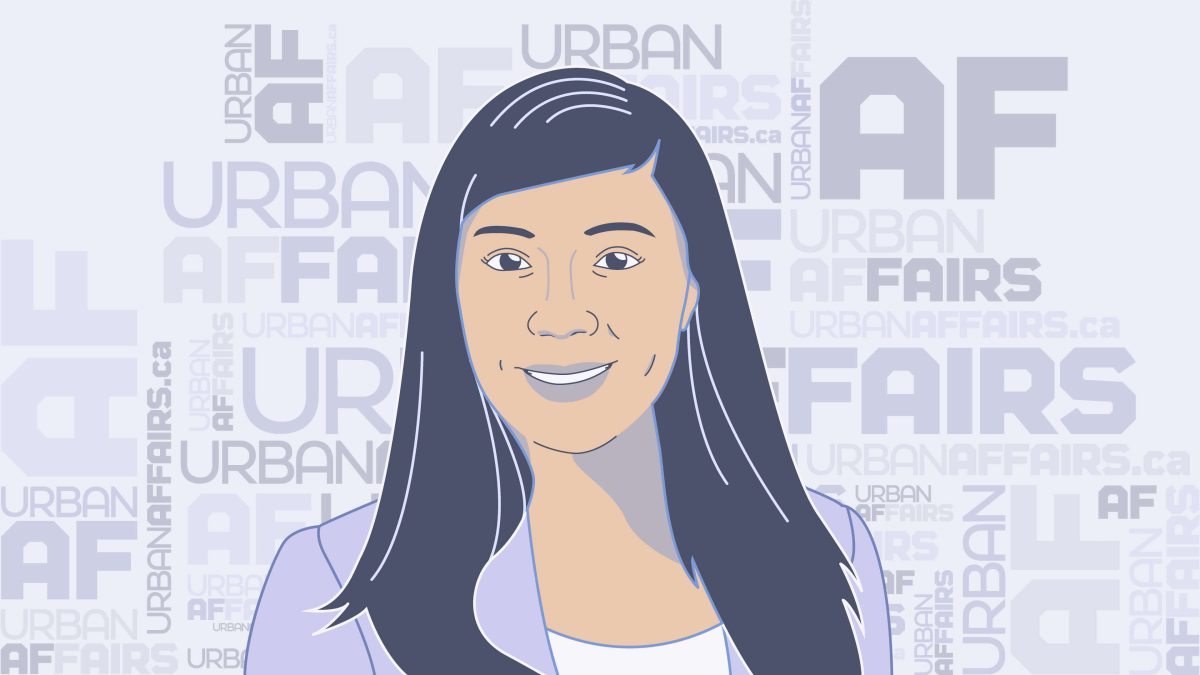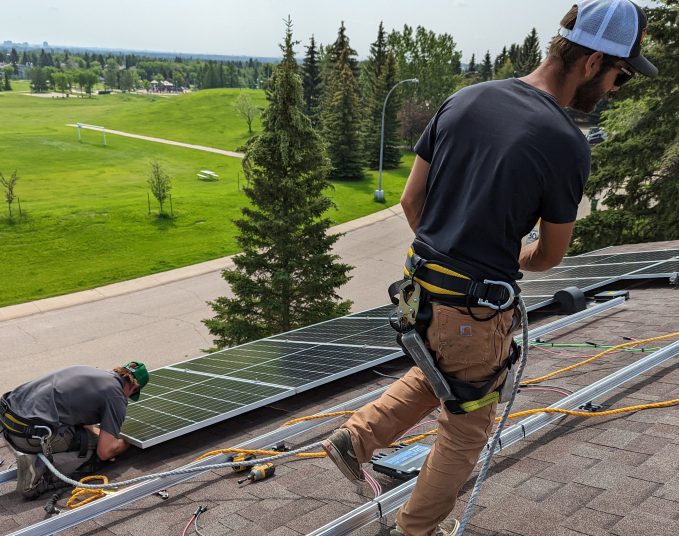The draft of the City of Edmonton’s yet-to-be-approved budget recommends that property taxes go up by 3.9 per cent in each of the next four years.
Ward Ipiihkoohkanipiaohtsi Councillor Jennifer Rice said that, within a week of opening a public-feedback process on the budget, she received more than 400 comments, the majority of which are from people who don’t want to see their taxes rise that much. While the rookie councillor said the increase is something she can live with, she will not support the budget if that number goes any higher.
“We have a lot of work to do on this budget,” Rice said. “I am worried property taxes will go too high.”
Why might they go higher than recommended? There are pages and pages of unfunded projects in the capital budget, from bike lanes to housing for the unhoused to extra bays for ETS buses. As well, Edmonton City Council has recently heard new requests for funding.
"I will not support it if the taxes go any higher [than 3.9 per cent].”
“The 3.9 per cent does not include new requests. It does not include the unfunded package,” Rice said. “If those two categories are added on, or some of them are approved, I worry that taxes could go up too high.”
She said if more items are added to the budget, it’s “conservative” to think that the tax hike could go higher.
“I can’t stand for that. I don’t think, when it comes to cost of living, that Edmontonians will accept this. I don’t think it’s fair for Edmontonians if it goes that high. I will not support it if the taxes go any higher [than 3.9 per cent].”
Compare this to comments made by Coun. Ashley Salvador, who has said she won’t support the budget unless some of the “unfunded” projects – such as bike lanes and climate-change-fighting initiatives – move to the funded side. It gives a small glimpse in how different councillors view the draft budget, and where the political battlegrounds are going to be.
As part of the budget debate, council could opt to move several unfunded projects to the funded side – or look at them again down the road.
But, there’s an argument that 3.9 per cent doesn’t even keep up with the rate of inflation, meaning, in real terms, even with the tax increase, the City is losing buying power. Rice said this is where other levels of government need to step in.
“The rate of inflation is something the City cannot control,” she said. “Our federal government needs to do something to address it. Inflation is something that is faced equally by every government and every organization.”
Before deciding to run in last year’s election, Rice worked for the provincial government. Before that, she was a mathematics professor. She said there were three major reasons that she put her hat into the ring for a councillor’s seat: As an immigrant, she wanted to inspire New Canadians in their new home; She wanted to inspire young Edmontonians to take more interest in the city and be more politically active; And she felt that the concerns of her southwest Edmonton ward had fallen on deaf ears downtown.
For Rice, it comes down to the tried-and-true notion that the city needs to look at its core services, and take a hard look at what falls outside of that.
“Are Edmontonians happy with the current level of service, or are they not happy? Which areas are overserved, and which are underserved? We need to look at what’s underserved, and balance that with the overserved. That is the bottom line.”
Ward Ipiihkoohkanipiaohtsi straddles Anthony Henday Drive in south-central Edmonton. Rice says her ward is underserved in transit options and that there is a lack of good parks in the area.
She says she has heard a lot about bike lanes from constituents. “In Bearspaw, Ermineskin, Steinhauer, Skyrattler and Blue Quill, people specifically talked about the bike lanes,” she said. “That action happened several years ago, the bike lanes being put in. But people in those neighbourhoods felt that they weren’t being heard about how the bike lanes were being put in.”
She said there were complaints about residents in mature neighbourhoods not being heard when it came to the approval of infill projects in their area.
“What I heard in my campaign, and what is close to my heart, is that people’s voices aren’t heard at City Hall. I heard over and over that decisions are already made before public consultations are held. That was number one.”
Savvy AF. Blunt AF. Edmonton AF.




